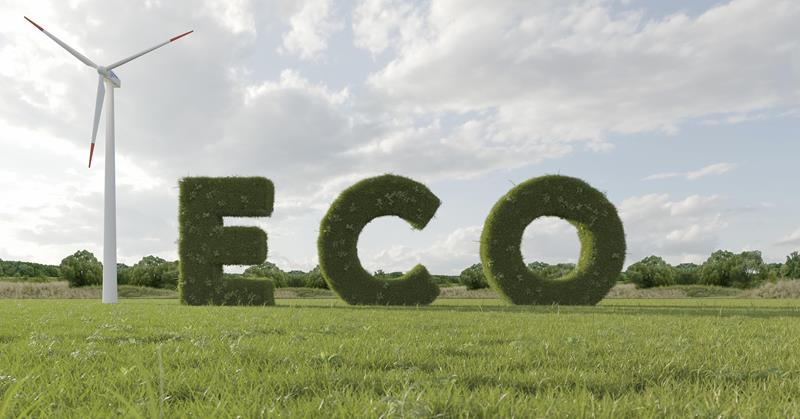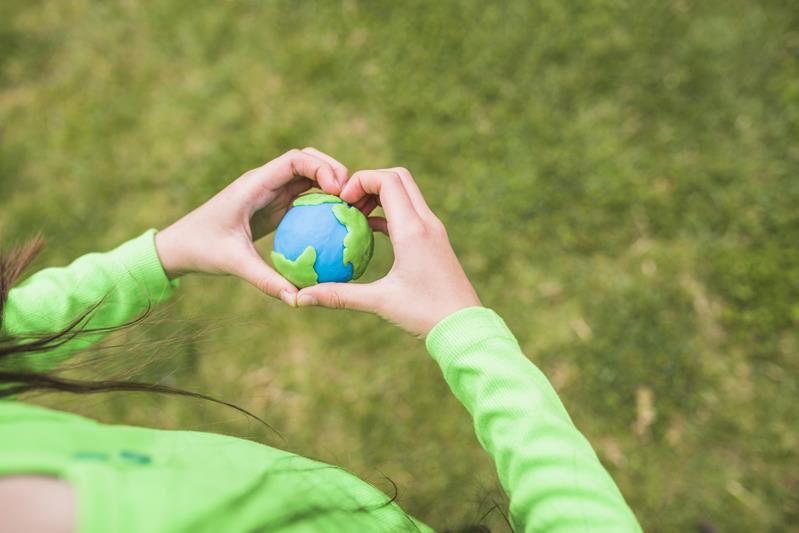In today’s world, environmental concerns are increasingly urgent. We encounter fresh environmental hurdles daily, spanning from water and air pollution to deforestation and climatic variability, among others. Hence, it’s crucial to acknowledge that each individual holds the power to play a part in conserving our planet and crafting a future that is healthier and more sustainable for everyone.
Environmental awareness definition
Sustainable thinking is a profound consciousness of how our actions are interconnected with the nature around us. Еnvironmental awareness definition includes comprehension that each choice we make, all steps we take, can have an environmental footprint. Moreover, it is a recognition that our planet is more valuable than just stockpile of resources to meet our needs.
Developing environmental literacy begins with raising awareness about sustainable development. This includes issues of atmospheric warming, forest destruction and hazardous discharges. You can obtain information from various sources, such as scientific articles, news, books, visits to museums and exhibitions related to ecology.
Environmental awareness activities involve taking guardianship of the ecosystem for descendants. Awareness of our immediate activities can have enduring consequences on ecosystems, climate, and species diversity is crucial. Therefore, it is essential not only to maintain the resources of our planet but also to actively take steps to preserve and restore them.
In addition, environmental consciousness includes the desire to revise lifestyle following core values of the green development. This may involve cutting down on resource usage, enhancing energy efficiency, employing environmentally-friendly energy sources, and endorsing eco-friendly technologies and methods. Ultimately, cultivating ecological consciousness is crucial for establishing equitable and resilient connections between humans and the natural world.
Embracing eco-awareness stands as a cornerstone of our duty to both the natural world and forthcoming generations. It demands a keen understanding of how our behaviors influence the environment and a committed effort to safeguard it. Cultivating an environmentally conscious mindset is achievable through learning, staying informed, and putting gained insights into practice in our daily routines.
Why is environmental awareness necessary?

Environmental consciousness holds significant significance in contemporary society for various reasons. It aids individuals in recognizing the value of sustaining natural reserves like water, soil, forests, fossil fuels, and biodiversity, thereby encouraging their conscious and sustainable exploitation.
This awareness further drives people to engage in environmental protection efforts, such as curbing pollution, minimizing plastic consumption, and advocating for alternative energy options. Moreover, it underscores the importance of pursuing sustainable development that meets the present generation’s needs while safeguarding the interests of future generations, thereby contributing to the creation of a healthy living environment for people.
The right approach to eco-friendly thinking helps build environmentally conscious communities and strengthens social bonds through collaborative conservation efforts. In general, the development of environmental awareness training plays an important role in cultivating stable and synergistic cohabitation of humans with the environment.
Why is environmental awareness necessary?
Caring for nature lies on the shoulders of each of us, and each effort plays a key role in preserving the environment. Every step taken to reduce negative impacts on ecosystems contributes to principal target of defending our planet for coming generations.
Here are a few environmental awareness examples that will help to reduce the negative impact on the environment:
- Conscious gardening and tree planting mitigate the effects of global warming.
- Use low-energy bulbs and appliances to effectively save energy.
- Choose public transport, biking or walking instead of a private car, especially for short trips.
- Avoid disposable plastic goods and try eco-friendly alternatives made from glass, metal or fabric.
- Practice separate waste collection and dispose of it correctly. Support material recycling and repurposing.
- Adjust the temperature in your house to minimize energy consumption used for heating and air conditioning.
- Install solar panels or wind turbines at your residence to produce energy and contribute to the utilization of eco-friendly energy sources.
- Opt for locally sourced goods and producers to diminish transportation expenses and carbon emissions linked to shipping food over long distances.
- Back educational initiatives and endeavors to enhance comprehension of environmental issues and involve the community in addressing them.
- Join the campaigns to clean up natural areas of debris, plant trees and other improvement activities.
- Donate or volunteer for associations devoted to the wildlife preservation and habitats care.
Acquiring environmental mindfulness is an uninterrupted process of learning, active participation and conscious acceptance of responsibility. Every step towards conserving nature and creating an environmentally responsible society matters. Let’s collaborate to defend ecosystems and forge a brighter future for all.




